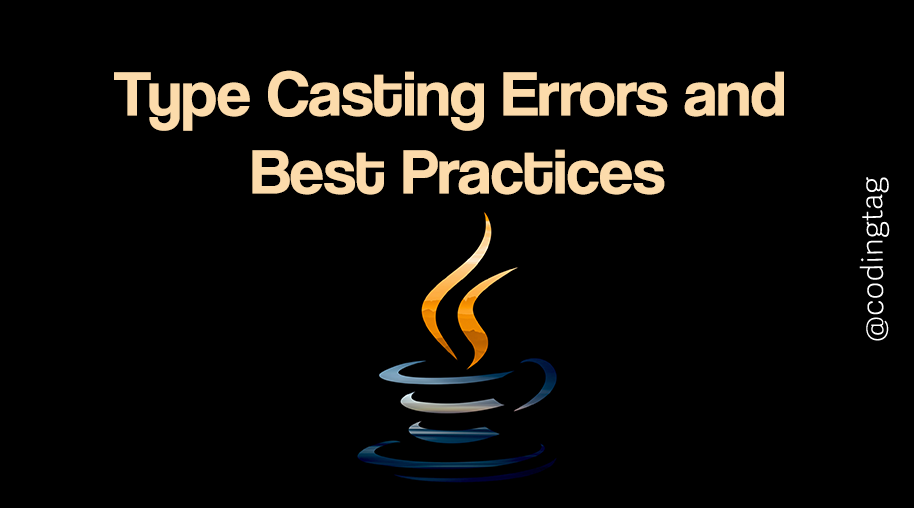Constants in Java
0 1053
What Are Constants in Java?
Constants in Java are variables whose values cannot be changed once assigned. They are declared using thefinal keyword and play a key role in writing secure, clean, and error-free code.
Constants help maintain data consistency throughout the application.
Why Use Constants?
Using constants prevents accidental modifications, improves readability, and makes the code easier to maintain. For example, if a value like tax rate or maximum score remains the same across the application, defining it as a constant makes it easier to manage.How to Declare Constants in Java
Constants are typically declared using thefinal keyword. If you want them to be accessible without creating an object, use static final.
final int MAX_USERS = 100;
static final double PI = 3.14159;
Example: Using Constants
public class ConstantsExample {
static final double TAX_RATE = 0.18;
public static void main(String[] args) {
double price = 1000;
double tax = price * TAX_RATE;
System.out.println("Tax on price: " + tax);
}
}
Naming Conventions for Constants
- Constant names are written in uppercase letters
- Words are separated using underscores (e.g.,
MAX_LIMIT) - Names should be meaningful and clearly reflect the purpose
Difference Between Variables and Constants
| Variables | Constants |
| Values can be changed after initialization | Values remain fixed once assigned |
| No keyword required | Declared using final keyword |
| Can be reassigned | Reassignment causes compile-time error |
Best Practices for Using Constants
- Use constants for values that do not change
- Group related constants together in a dedicated class or interface
- Use descriptive and uppercase names
- Make constants
public static finalwhen shared across classes
Conclusion
Constants in Java ensure that fixed values remain unchanged, bringing reliability and consistency to your programs. By understanding how and when to use constants, you can write more maintainable and readable Java code that adheres to best practices.If you’re passionate about building a successful blogging website, check out this helpful guide at Coding Tag – How to Start a Successful Blog. It offers practical steps and expert tips to kickstart your blogging journey!
For dedicated UPSC exam preparation, we highly recommend visiting www.iasmania.com. It offers well-structured resources, current affairs, and subject-wise notes tailored specifically for aspirants. Start your journey today!

Share:







Comments
Waiting for your comments